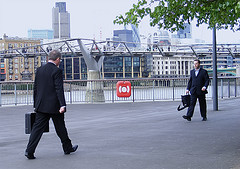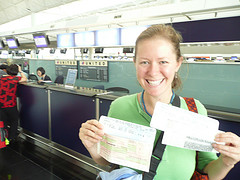 According to some recent research coming out of the UK, over 90% of skiers would back ski policing policies like:
According to some recent research coming out of the UK, over 90% of skiers would back ski policing policies like:
- speed cameras
- speed limit signs
- breathalyzers
While these safety measures haven’t yet been introduced on ski slopes, the intent of implementing these kinds of safety measures would be to reduce the accidents and injuries caused by skiers going too fast.
Many skiers agree that ‘speed skiing’ is increasingly becoming an issue worldwide on ski resorts, and alcohol has been blamed as one of the largest causes of speed skiing.
Aside from the potentially life changing consequences of skiing out of control, if someone encounters a skiing accident as a result of drinking, their injuries would not be covered by travel insurance. That means, specifically, they would have to cover their own medical costs and evacuation costs if their accident was found to be the result of being under the influence.
All travel insurance plans have an exclusion that applies to all coverages and states it will not pay for any loss caused by or resulting from: “being under the influence of drugs or intoxicants.”
So, if they do implement breathalyzers on the ski slopes, be careful because ingesting alcohol could invalidate your travel insurance coverage.







